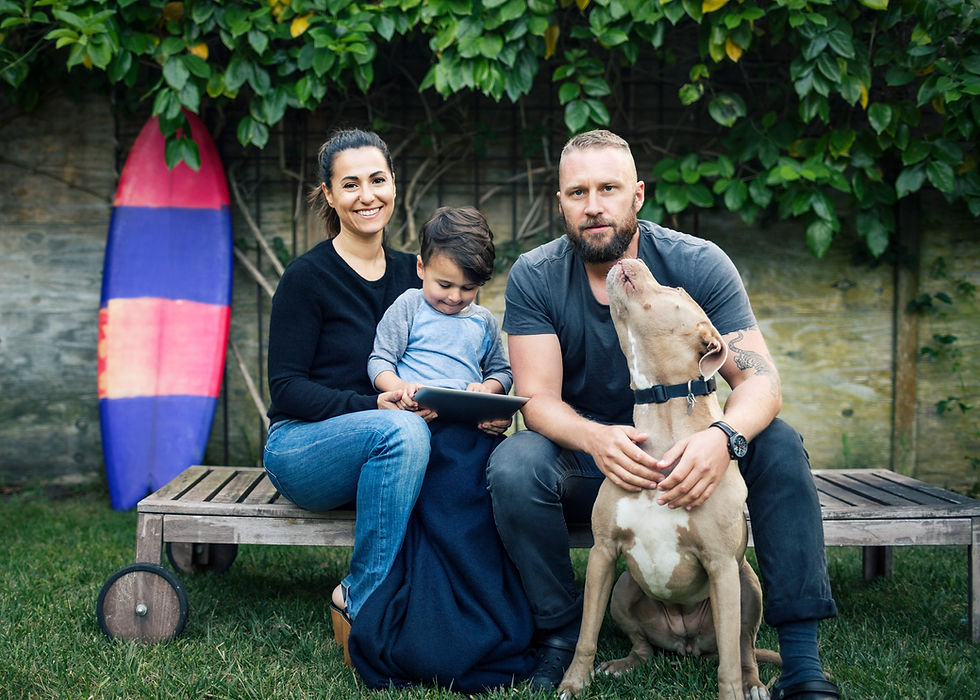managing challenging behaviour in fostering
- Feb 21, 2022
- 3 min read
A concern of prospective carers can be how they will handle challenging behaviour that comes their way from their foster child/children. Firstly, it's important to state that not all foster children will present with challenging behaviour beyond that of a normal child. However, many of these children have experienced trauma, and simply the experience of going into care can be traumatic in itself and so it is prudent to expect to have to support them through certain life moments.
It's important to go into fostering knowing that every child is different and carers will need to learn, adapt and be open to whatever may come their way.
At asphaleia we support carers through the following processes:
Careful matching - we would want to avoid, where possible, any carer feeling out of their depth or ill-equipped to deal with the placement they have been given. We would talk through what we know with the prospective carers and decide together if the placement is something they could handle.
Training - new carers receive training at the start of their fostering career, but should the need arise for specific training in managing certain scenarios, we would provide this where relevant.
Supervision - regular supervision with their supervising social worker will enable carers to progress their relationship with the child/children and take it to a different level where they understand each other better.
a positive approach
At asphaleia, one of our core values as an organisation is 'Think their world' and we believe this is key for approaching any care for a child. We want our carers to always put themselves in the child's shoes and imagine what might be going on for them in their world.

For example, the child might present with challenging behaviour when all the family is gathered at the dinner table. With some patience and listening, it becomes clear that what is just banter and enthusiastic conversation for your family, reminds the child of the shouting and aggression of the house they grew up in where there was domestic abuse. Now the carers understand the problem it can be addressed easily so the child feels safe.
We also encourage our carers to take time over introducing changes to the child's life and to ensure they carefully build trust. Many children who come into care have not experienced eating a balanced and nutritious diet. For some carers, it may seem obvious that it's a good thing to bring this change into their lives and surely they would welcome it.
But for the child, it's overwhelming and discomforting when so much changes at once. Gradually encouraging them to try new foods over time, inviting them to help prepare food, and praising and rewarding them for giving something a go, will help build that trust and ensure they don't feel powerless.
These are the kinds of approaches carers will learn in training and in supervision that will help them feel confident and equipped to fulfill their role to the best of their ability and provide quality care.
We realise there are different concerns for all prospective carers and so if you're interested in being a foster carer and live in Sussex, we'd encourage you to take the opportunity to meet with our fostering manager and talk it all through. Please email headoffice@asphaleia.co.uk to ask for an appointment with Kim. To find out more about being a carer at asphaleia please visit this page.







